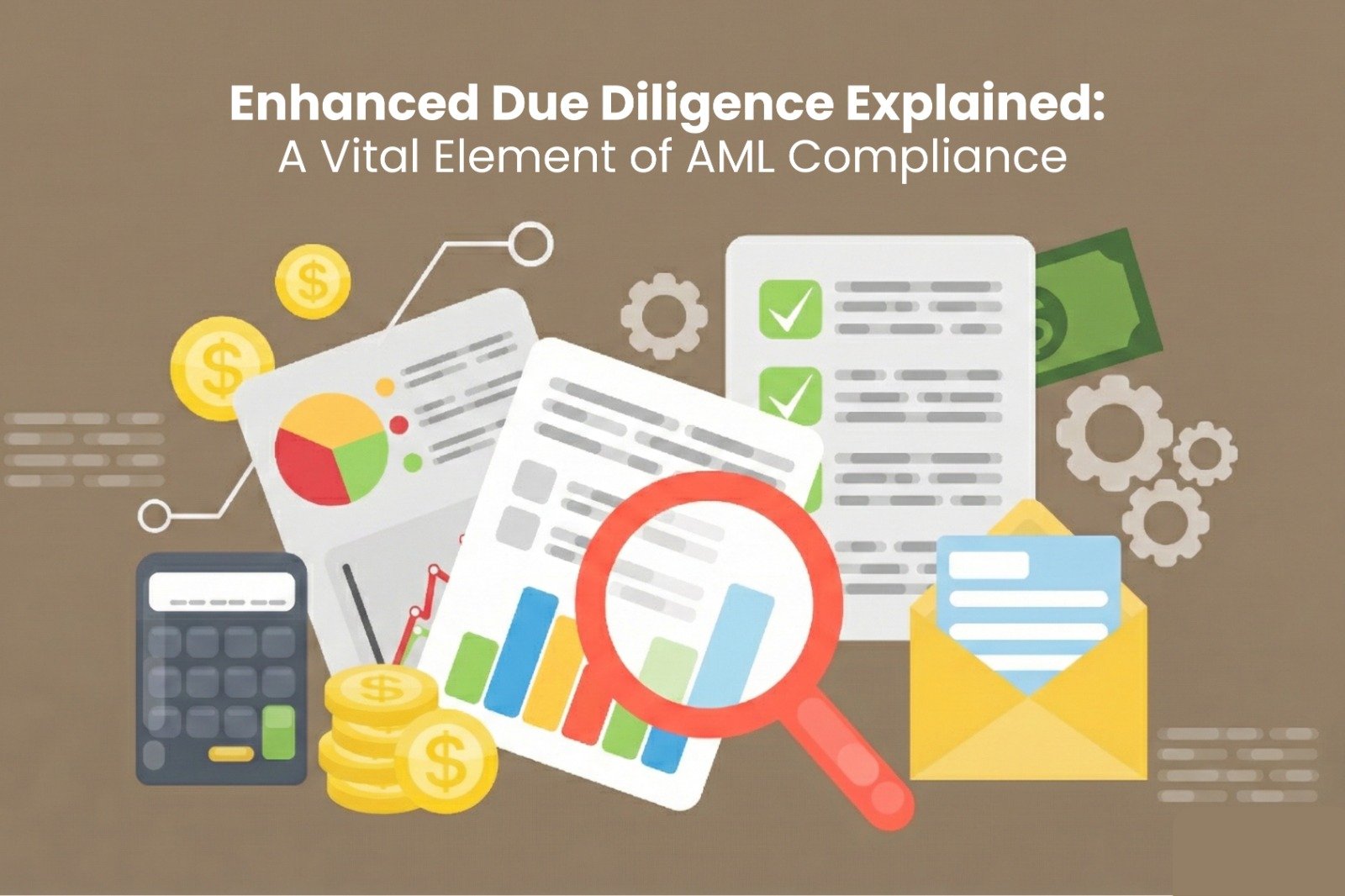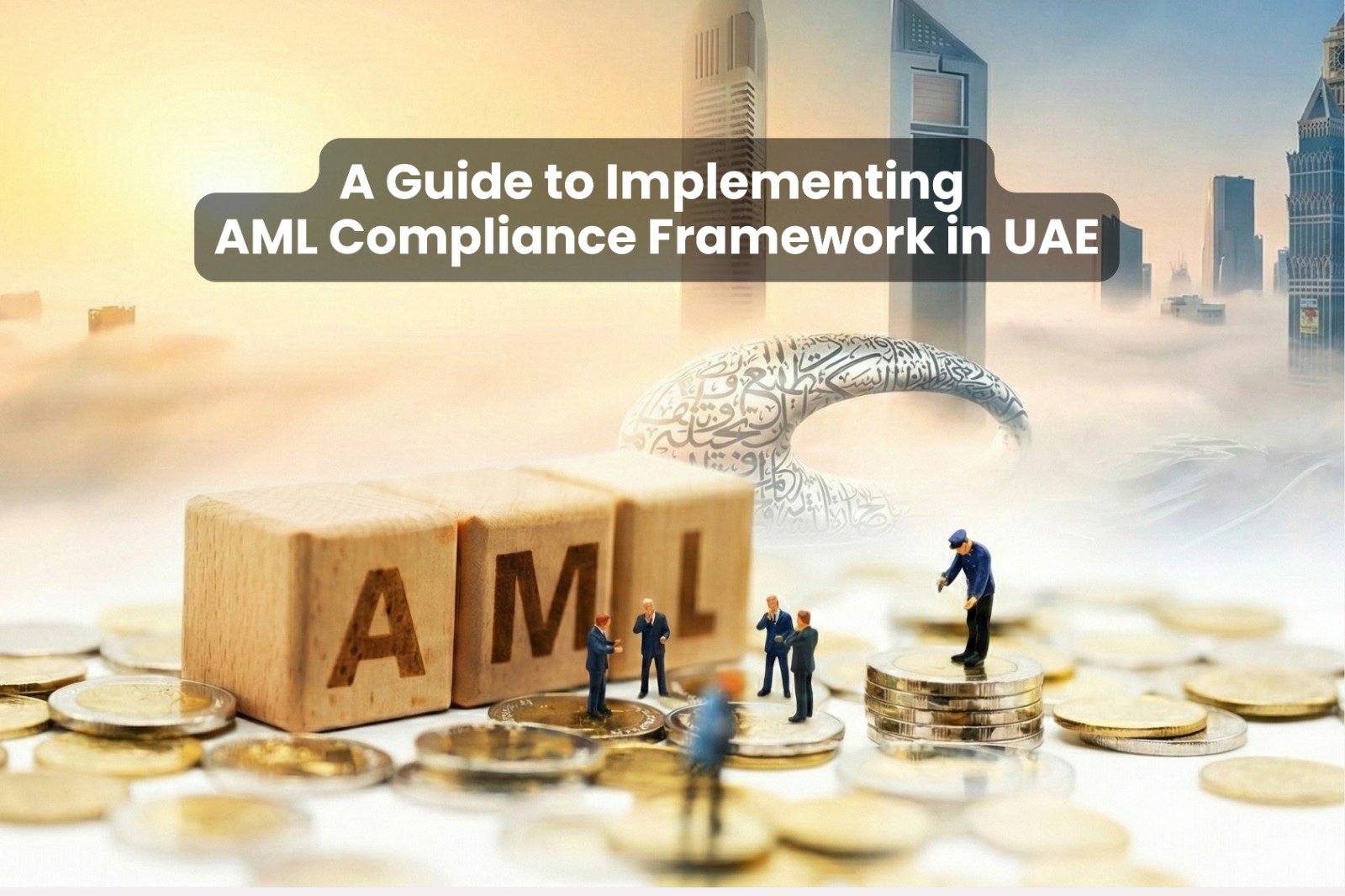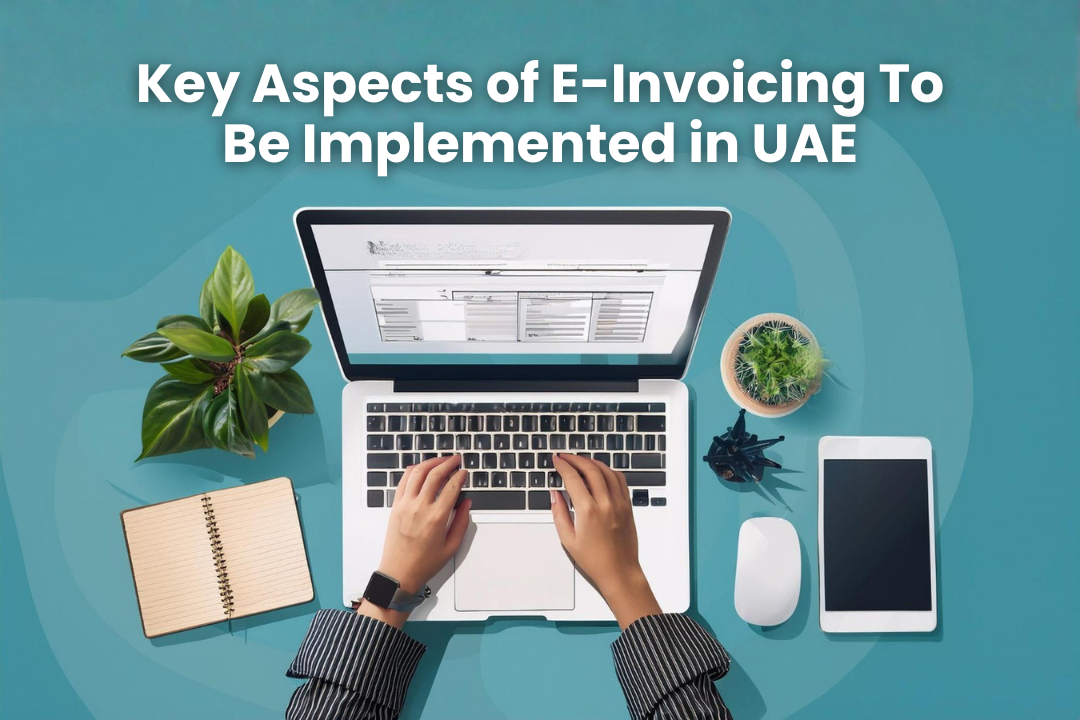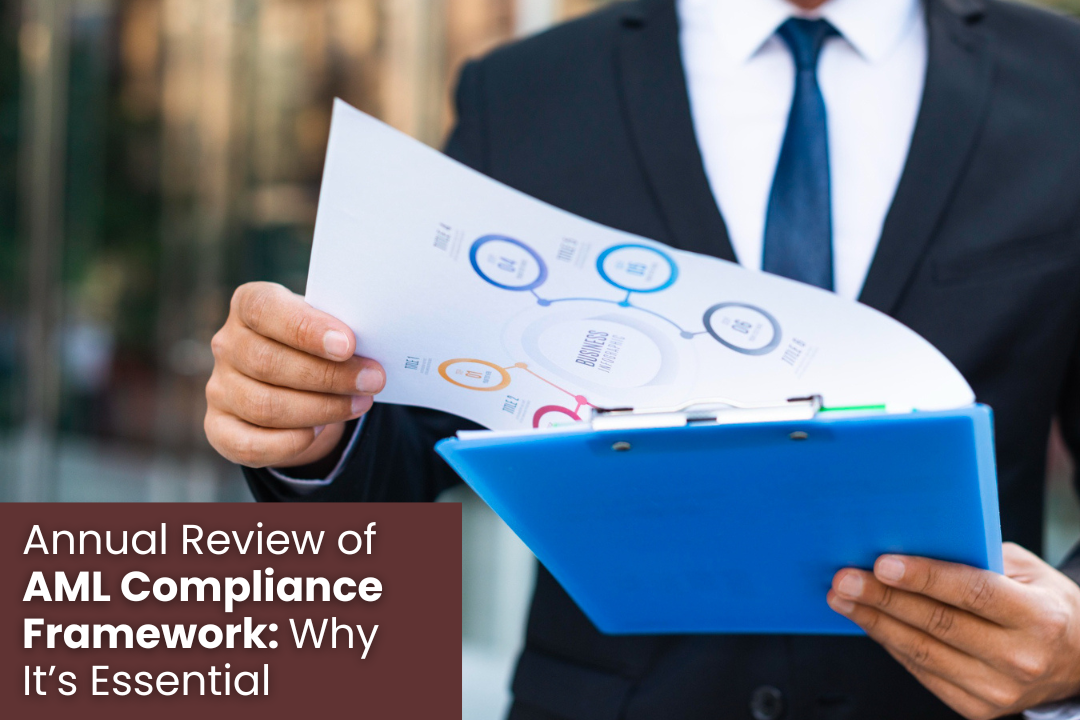As financial crimes evolve in complexity and global reach, businesses across sectors—especially in finance, Virtual Asset Service Providers (VASPs), real estate, precious metals and stones, lawyers and accountants, and business setup companies — are increasingly vulnerable to Money Laundering and Terrorist Financing Risks. Regulatory bodies in the UAE and globally now emphasize Risk-Based Customer Due Diligence (CDD) as a frontline defense in detecting and preventing illicit activities.
This blog explores how Risk-Based CDD works, why it is essential for AML compliance, and how businesses in the UAE can adopt effective strategies to protect themselves while staying compliant.
What Is Risk-Based Customer Due Diligence?
Risk-Based Customer Due Diligence is a strategic approach within AML compliance that tailors the level of scrutiny applied to a customer based on their assessed risk level. Rather than applying a one-size-fits-all method, businesses evaluate the nature of the customer, their geographic origin, transaction types, and business profile to determine the appropriate level of due diligence.
This approach is mandated by FATF (Financial Action Task Force) guidelines and has been fully embraced by the UAE’s AML legal framework.
Why Risk-Based CDD Is Crucial for Combating Money Laundering and Terrorist Financing Risks
1. Identifies High-Risk Customers Early
Not all customers pose the same level of threat. A politically exposed person (PEP) operating from a high-risk jurisdiction is more likely to be involved in suspicious activity than a local retailer. Risk-based CDD helps businesses flag these profiles early.
2. Complies with UAE AML Laws
Under UAE Federal Decree-Law No. 20 of 2018 and subsequent Cabinet Decisions, all designated non-financial businesses and professions (DNFBPs) are required to implement customer risk assessments and due diligence procedures.
3. Reduces Exposure to Regulatory Penalties
Failing to implement adequate AML/CFT measures can result in hefty fines, license suspensions, or even criminal charges. Adopting Risk-Based CDD aligns your business with regulatory expectations and audit readiness.
4. Prevents Unwitting Involvement in Terror Financing
The risk is not only monetary—organizations unknowingly dealing with bad actors can indirectly fund terrorism, leading to irreparable reputational damage and legal consequences.
Core Elements of a Risk-Based CDD Strategy
- Customer Risk Profiling
- Evaluate customer’s background, type of business, source of funds, and jurisdiction.
- Classify customers into low, medium, or high-risk categories.
- Evaluate customer’s background, type of business, source of funds, and jurisdiction.
- Enhanced Due Diligence (EDD) for High-Risk Profiles
- Conduct deeper background checks, verify beneficial ownership, and monitor transactions closely.
- Conduct deeper background checks, verify beneficial ownership, and monitor transactions closely.
- Ongoing Monitoring
- Customer risk is not static. Implement real-time monitoring to detect suspicious patterns or changes in customer behavior.
- Customer risk is not static. Implement real-time monitoring to detect suspicious patterns or changes in customer behavior.
- Record Keeping
- Maintain documentation for at least 5 years to comply with regulatory audits.
- Maintain documentation for at least 5 years to comply with regulatory audits.
- Internal AML Training
- Equip staff with the tools and knowledge to recognize and report suspicious activity.
Sectors Most at Risk in the UAE
The sectors within Designated Non-Financial Businesses and Professions (DNFBPs) which are at highest AML risks are:
- Real Estate: High-value transactions and cash deals attract laundering risks.
- Legal and Consultancy Firms: These may unknowingly help form shell companies or manage suspect funds.
- Gold and Precious Metal Traders: Often targeted for placement and layering stages of money laundering.
- Virtual Asset Service Providers (VASPs): High anonymity makes these platforms vulnerable.
All these sectors fall under the scope of anti money laundering services UAE and must apply Risk-Based CDD rigorously.
Real-World Case: A Lesson in Oversight
In 2022, the UAE imposed a fine of AED 3 million on a real estate company for failing to conduct proper customer due diligence and not reporting suspicious transactions. Investigations revealed links to cross-border terrorist financing operations—highlighting the real risks of non-compliance.
How AML Consultants Can Help
Implementing a strong AML framework is not optional—it’s a regulatory necessity. Professional Anti Money Laundering services in UAE help businesses:
- Develop risk assessment models
- Set up automated monitoring systems
- Conduct KYC & Enhanced Due Diligence
- Manage Suspicious Transaction Reporting (STR)
- Train staff and establish a culture of compliance
Conclusion
With the UAE continuing its push toward international AML standards, ignoring Money Laundering and Terrorist Financing Risks is no longer an option. Adopting Risk-Based Customer Due Diligence is not just a compliance exercise—it’s a strategic move to protect your business, your reputation, and your clients.
Auditac International offers tailored AML and CFT compliance services for businesses across sectors. From customer risk profiling to full regulatory reporting, our AML consultants in UAE help you stay protected, compliant, and audit-ready. Contact Auditac International today to build a robust AML framework that stands up to regulatory scrutiny and keeps financial crime at bay.












